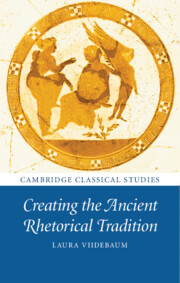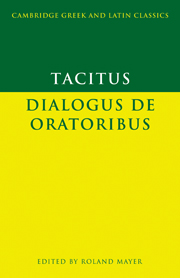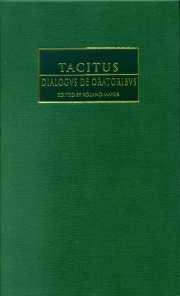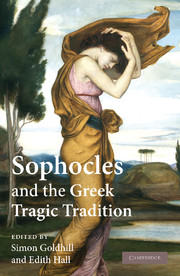Creating the Ancient Rhetorical Tradition
This book explores the history of rhetorical thought and examines the gradual association of different aspects of rhetorical theory with two outstanding fourth-century BCE writers: Lysias and Isocrates. It highlights the parallel development of the rhetorical tradition that became understood, on the one hand, as a domain of style and persuasive speech, associated with the figure of Lysias, and, on the other, as a kind of philosophical enterprise which makes significant demands on moral and political education in antiquity, epitomized in the work of Isocrates. There are two pivotal moments in which the two rhetoricians were pitted against each other as representatives of different modes of cultural discourse: Athens in the fourth century BCE, as memorably portrayed in Plato's Phaedrus, and Rome in the first century BCE when Dionysius of Halicarnassus proposes to create from the united Lysianic and Isocratean rhetoric the foundation for the ancient rhetorical tradition. This title is available as Open Access on Cambridge Core.
- Gives a comprehensive overview and interpretation of the emergence of the ancient rhetorical tradition
- Contains new perspectives on the connecting links between Greek and Roman rhetoric
- Accessible to readers without previous knowledge of ancient rhetoric
- This title is available as Open Access on Cambridge Core
Reviews & endorsements
‘This book is a must-read for anyone wrestling with Plato’s relationship with rhetoric (a perennial vexation), anyone intrigued by Lysias’s unlikely tenacity (a minor feeling, perhaps), anyone longing for Isocrates to be taken seriously (a periodic desire), or anyone who has decided they can no longer put off reading more about Dionysius of Halicarnassus (an increasingly popular judgment).’ Michele Kennerly, Bryn Mawr Classical Review
Product details
November 2021Paperback
9781108812580
320 pages
215 × 139 × 17 mm
0.37kg
Available
Table of Contents
- Part I. Lysias, Isocrates and Plato: Ancient Rhetoric in Athens:
- 1. Lysias in Athens
- 2. Reflections on Lysias and Lysianic rhetoric in the fourth century BCE
- 3. Isocrates and his work on rhetoric and philosophy
- 4. Isocrates on Socrates
- 5. Contemporary reflections on Isocrates and his role in rhetoric and philosophy
- Part II. Creating the Ancient Rhetorical Tradition: Dionysius of Halicarnassus in Rome:
- 6. From Athens to Rome: Lysias, Isocrates, and the transmission of Greek rhetoric and philosophy
- 7. Dionysius of Halicarnassus on Lysias, rhetoric and style
- 8. Isocrates and philosophy in Dionysius of Halicarnassus' rhetorical writings.





